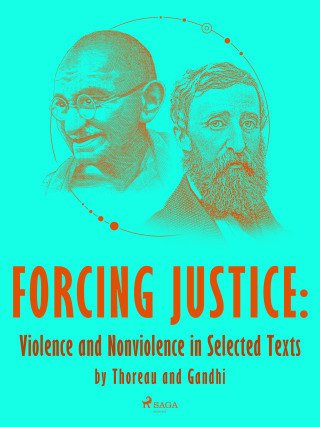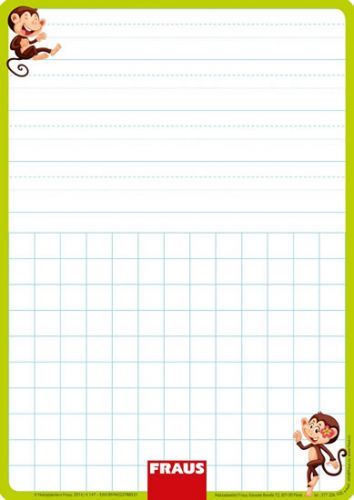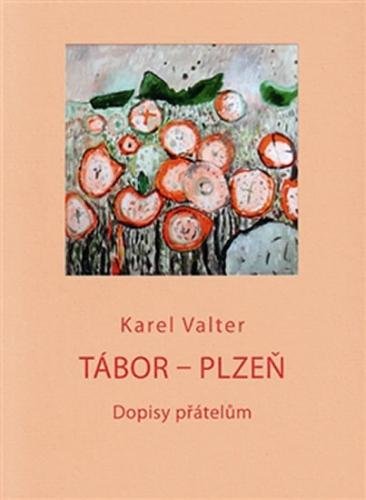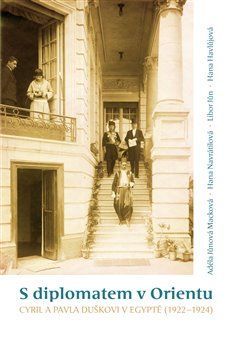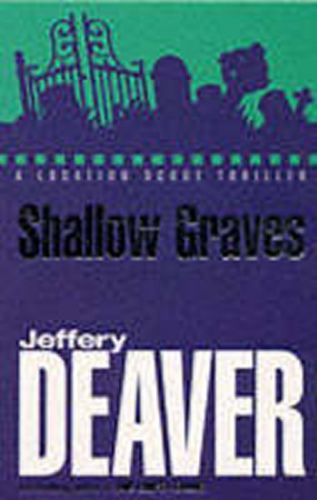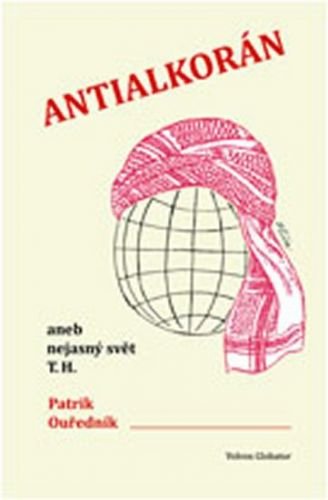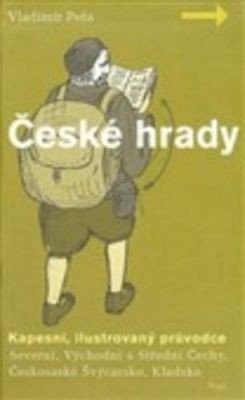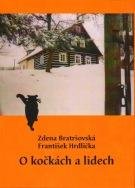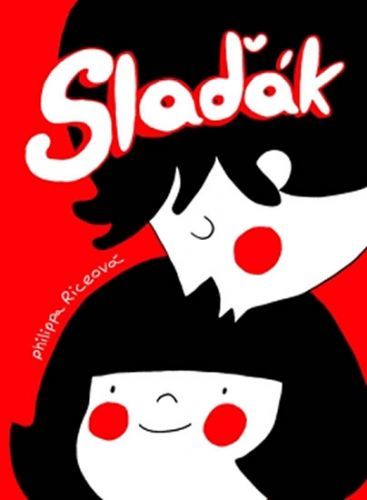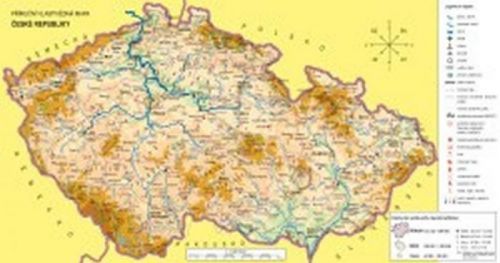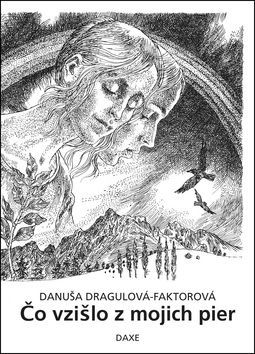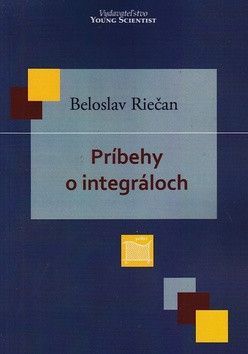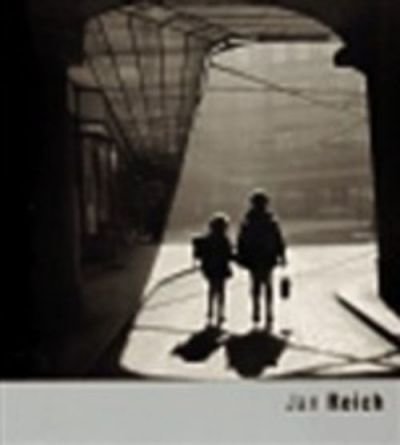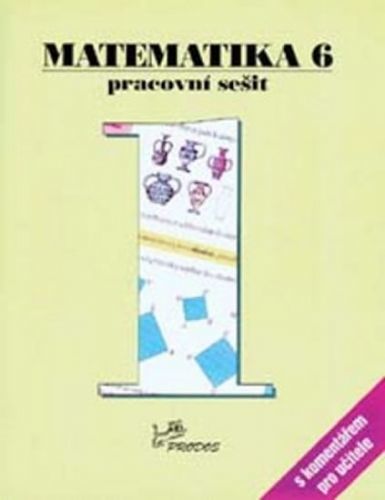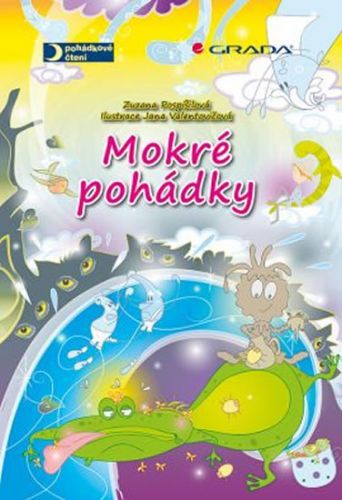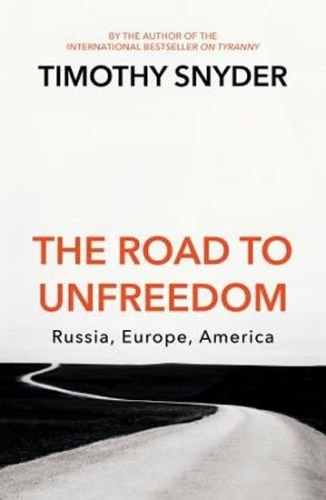Forcing Justice: Violence and Nonviolence in Selected Texts by Thoreau and Gandhi - Mahátma Gándhí, Henry David Thoreau - e-kniha
Výrobce: Saga Egmont
eBook: Can justice be forced on individuals and communities?
The essays in this collection by Henry David Thoreau urge us to consider the difficult matter of how to counter the specific injustice manifested in the practice of buying and selling human beings and how to implement laws and practices that help establish justice.
Of the many philosophical ideas Thoreau explores, the central concern is how to end slavery and provide justice for all. It is no surprise to find Thoreau defending the idea of civil disobedience, but his defense of John Brown, who used violence, including murder, commands our attention.
The Civil Rights movement of the 1960s and 1970s in the U. S. was heavily influenced by the rhetoric, the actions, and the overall philosophy of Martin Luther King, Jr. , who famously combined civil disobedience and nonviolent action under the strong influence of Mohandas K. Gandhi. Although Gandhi staunchly defends and promotes the use of nonviolence, he is quick to condemn inaction as an even greater evil than violence. If forced to choose between doing nothing and using violence, he would choose violence; but his many writings and speeches are designed to show that we almost always have a nonviolent alternative to oppose injustice and foster justice.
The lives of more than a billion residents of India have been profoundly shaped by the ideas Gandhi presents and defends in these selections from MY NONVIOLENCE. The liberation of India from British
The essays in this collection by Henry David Thoreau urge us to consider the difficult matter of how to counter the specific injustice manifested in the practice of buying and selling human beings and how to implement laws and practices that help establish justice.
Of the many philosophical ideas Thoreau explores, the central concern is how to end slavery and provide justice for all. It is no surprise to find Thoreau defending the idea of civil disobedience, but his defense of John Brown, who used violence, including murder, commands our attention.
The Civil Rights movement of the 1960s and 1970s in the U. S. was heavily influenced by the rhetoric, the actions, and the overall philosophy of Martin Luther King, Jr. , who famously combined civil disobedience and nonviolent action under the strong influence of Mohandas K. Gandhi. Although Gandhi staunchly defends and promotes the use of nonviolence, he is quick to condemn inaction as an even greater evil than violence. If forced to choose between doing nothing and using violence, he would choose violence; but his many writings and speeches are designed to show that we almost always have a nonviolent alternative to oppose injustice and foster justice.
The lives of more than a billion residents of India have been profoundly shaped by the ideas Gandhi presents and defends in these selections from MY NONVIOLENCE. The liberation of India from British
Cena 194 Kč v 1 obchodě
Obchody, které prodávají Forcing Justice: Violence and Nonviolence in Selected Texts by Thoreau and Gandhi - Mahátma Gándhí, Henry David Thoreau - e-kniha
Zobrazit historii ceny Forcing Justice: Violence and Nonviolence in Selected Texts by Thoreau and Gandhi - Mahátma Gándhí, Henry David Thoreau - e-kniha
Historie nejnižsí ceny Forcing Justice: Violence and Nonviolence in Selected Texts by Thoreau and Gandhi - Mahátma Gándhí, Henry David Thoreau - e-kniha. Porovnání obchodů, které prodávají Forcing Justice: Violence and Nonviolence in Selected Texts by Thoreau and Gandhi - Mahátma Gándhí, Henry David Thoreau - e-kniha.
 Omalovánky se samolepkami Sofie První
Omalovánky se samolepkami Sofie První Povaha změny - Bezpečnost, rizika a st
Povaha změny - Bezpečnost, rizika a st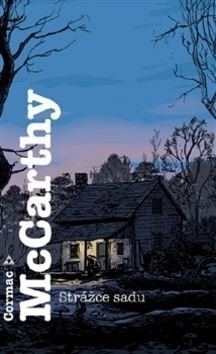 Strážce sadu
Strážce sadu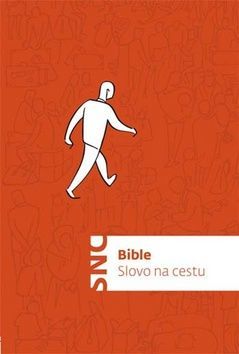 Bible Slovo na cestu
Bible Slovo na cestu Javorie Ostrôžky 1:50 000
Javorie Ostrôžky 1:50 000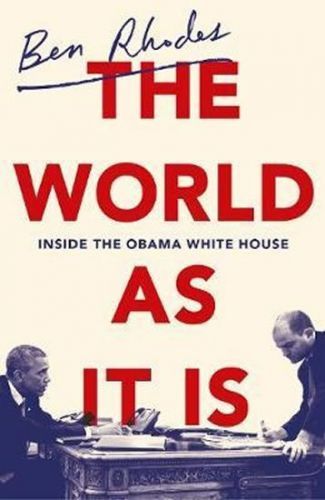 Rhodes Ben: The World As It Is: Inside
Rhodes Ben: The World As It Is: Inside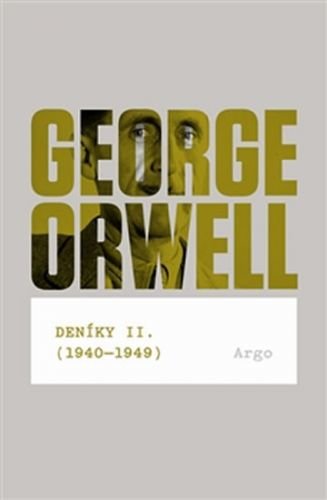 Deníky II.(1940-1949)
Deníky II.(1940-1949) MFP Paper s.r.o. Omalovánky MFP Pro ne
MFP Paper s.r.o. Omalovánky MFP Pro ne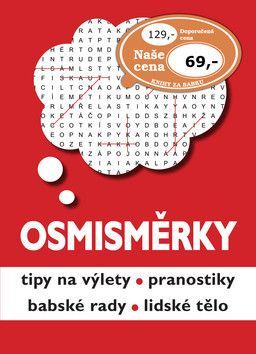 Osmisměrky
Osmisměrky Jannes Hannu, Roberts Owen,: Ptáci naš
Jannes Hannu, Roberts Owen,: Ptáci naš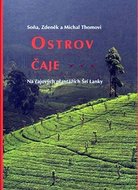 Ostrov čaje
Ostrov čaje Hravá chemie 8
Hravá chemie 8

